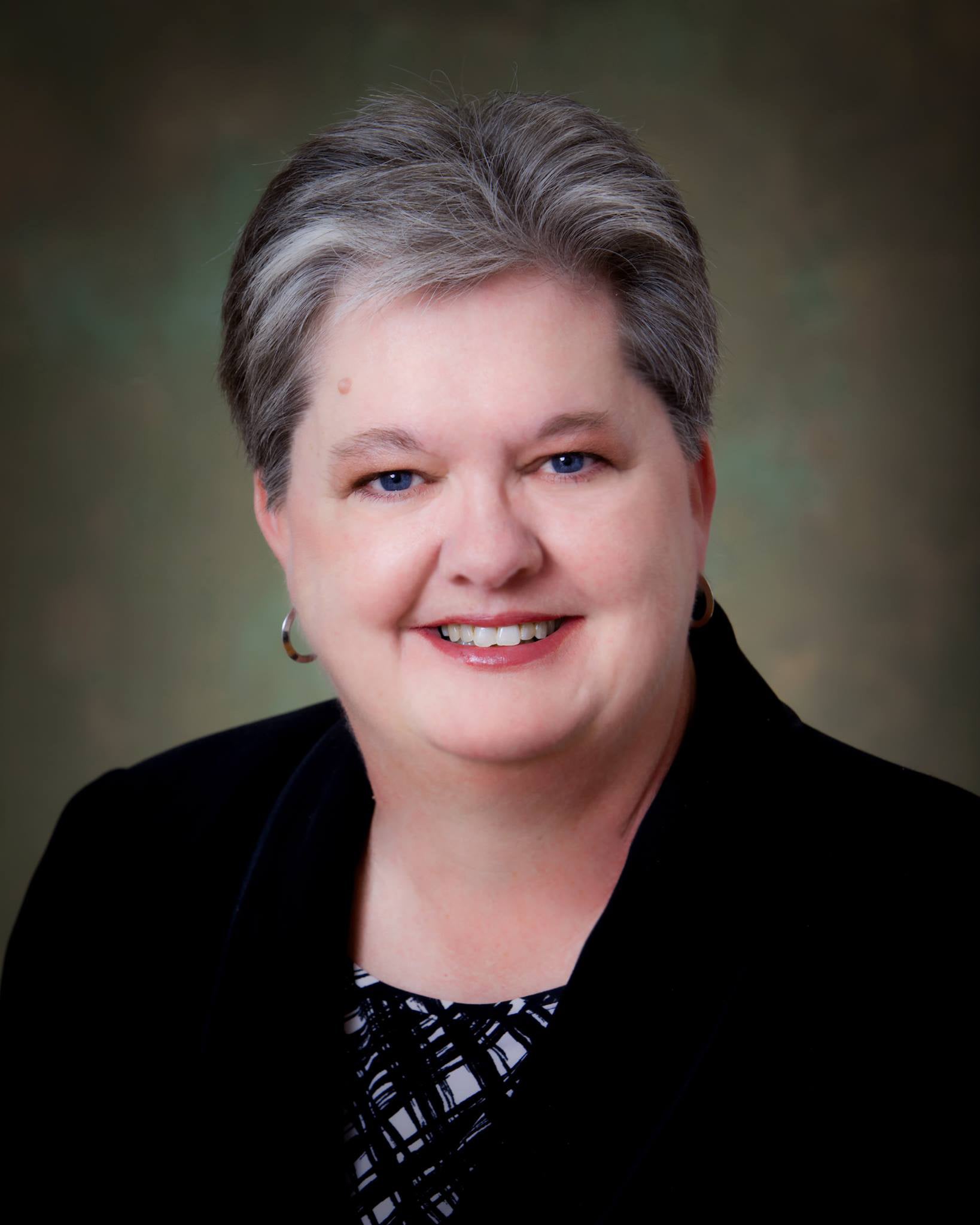A brief history of how Brundidge developed
Published 6:02 pm Tuesday, March 7, 2023
|
Getting your Trinity Audio player ready...
|
In 1953, the Brundidge Masonic Lodge celebrated its 100th anniversary. The Troy Messenger published several articles on the history of Brundidge and the Masonic Lodge.

Dianne Smith
Shadrach Dixon, for whom Dixon’s precinct was named, was possibly the earliest settler in the immediate vicinity of Brundidge years before there was a town. He was sent to the state legislature as a representative from Pike County in 1840. Others who have gone to the legislature from Brundidge are Dr. O. F. Knox in 1859; G. W. Carlisle in 1863, and Dr. R. E. Huey in the 1870’s.
In April 1842 a post office was established in Brundidge, which was now becoming an important stop on the old stage coach road from Troy to Dale County. The post office was discontinued July 8, 1867 and was not re-established until May 26, 1873.
The town was almost 40 years old when the first train ran through in November 1889. The 175-mile line from Bainbridge Ga., had just been completed by the Alabama Midland Railroad Company. It was during this period that the name of the town was changed for a short time to Woolfolk.
In July 1890, the Plant Investment Company acquired a controlling interest in the Alabama Midland and it became part of what was known as the Plant System which was merged twelve years later with the Atlantic Coast Line, the present owners.
The first newspaper was established in 1893 by J. E. Graves. It was named The Brundidge News, and the first issue was published on November 20th of that year. Mr. Graves established The Standard at Troy but returned to Brundidge in the later part of 1899 to resume publication of The News, which he continued for the next quarter of a century with the exception of a short time when he was in Union Springs. The Brundidge Sentinel was first published by W. C. McCormick and is now owned and operated by the Troy Newspapers.
Through his editorials and his influence as a citizen, Mr. Graves was instrumental in the founding of the Brundidge Business League to promote the material interests of the community. In 1900 the Brundidge Banking Company was organized with a capital stock of $35,000. A second bank, the First National, opened for business in 1904.
At present, there are only two churches in Brundidge, although there were others many years ago. A Presbyterian Church, Philadelphia, stood next to the cemetery, just north of the city limits, on the Bee Line highway until the last decade of the past century.
About 1839 or ’40 the Primitive Baptists built a church on the southeastern edge of town. Services were held there until the first part of the century.
The Baptist Church of Brundidge is among the oldest churches in Southeast Alabama and was organized in 1824 through the influence of Dr. Charles Mahoney, one of the pioneer settlers.
It is not known whether the organization of the Methodist Church took pace prior to or just following the War Between the States. In the early days it was a mission and later became a half-station in the same appointment with Troy. The present church was erected about 30 years ago under the pastorate of the Rev. W. T. Ellisor.
From the very beginning, Brundidge took a forward stand for education and now enjoys an enviable reputation for the excellence of its public school system.
Brundidge situated in one of the finest agricultural regions of the state, has grown from a population of 300 in 1872 to more than 2,500. The city is a natural market for a wide and prosperous territory and its growth, though not rapid, is continuous. There is a constant demand for homes and in recent years many modern dwellings have been built.
All of these articles can be found in previous editions of The Troy Messenger. Stay tuned for more. Dianne Smith is the President of the Pike County Historical, Genealogical and Preservation Society.

